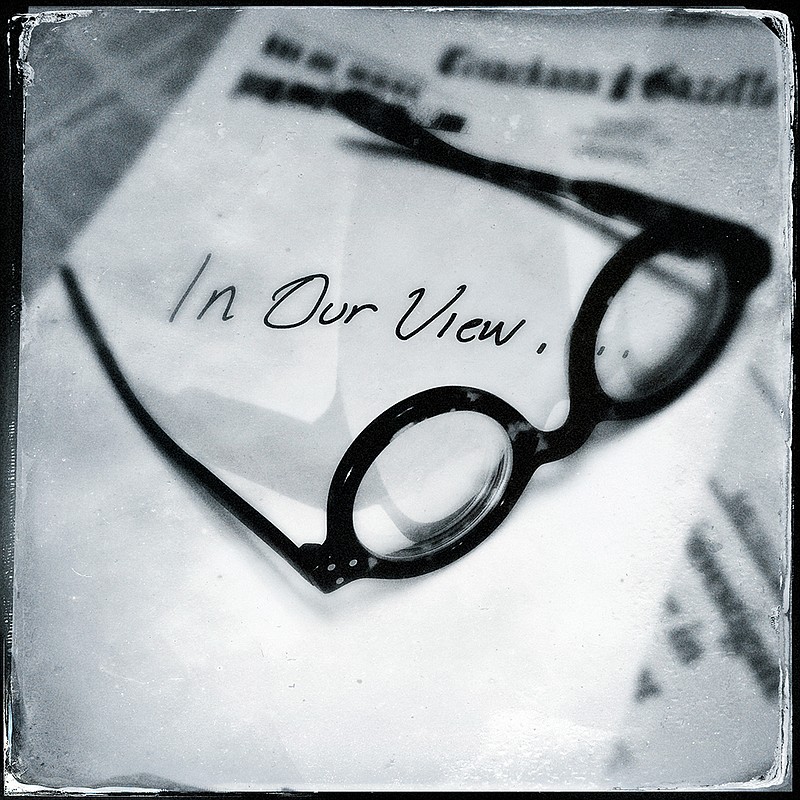When we see books banned and burned in other countries-totalitarian regimes, for example-we are quick to condemn. We see ourselves as people who cherish free speech and the free exchange of ideas.
But the fact is that books are regularly challenged and banned in this country and have been since before we became a nation.
In some cases the folks objecting to certain books are decent people. They think they are doing good, protecting young people and maybe even doing God's will.
But they aren't. And in the end they defeat themselves.
Libraries, schools and bookstores across the country have felt pressure from government agencies, parents, civic and religious groups, and other concerned citizens to remove books from their shelves.
Sometimes they cave. Sometimes they fight. Sometimes they are helped by Americans more concerned about freedom than the perceived dangers a written work presents.
These battles were more common in days gone by. But they still happen today.
The most common reasons books are challenged in the U.S. are because they contain sexual content or strong language. Other reasons include negative racial and ethnic portrayals, unpopular political positions, views that question religious convictions and violent content.
This is Banned Books Week, an annual event that celebrates the freedom to read. It began Sunday and continues through Saturday. Organizers encourage Americans to fight censorship and celebrate the written word.
Those who value the First Amendment and the free exchange of ideas should recognize that there are others who do not. They must take a stand when books are challenged. That's ensures the folks who would ban books can never win.
That's because books can live forever. Book banners definitely do not. All of the works that have been challenged over the years are still with us. And, with vigilance, they always will be.

